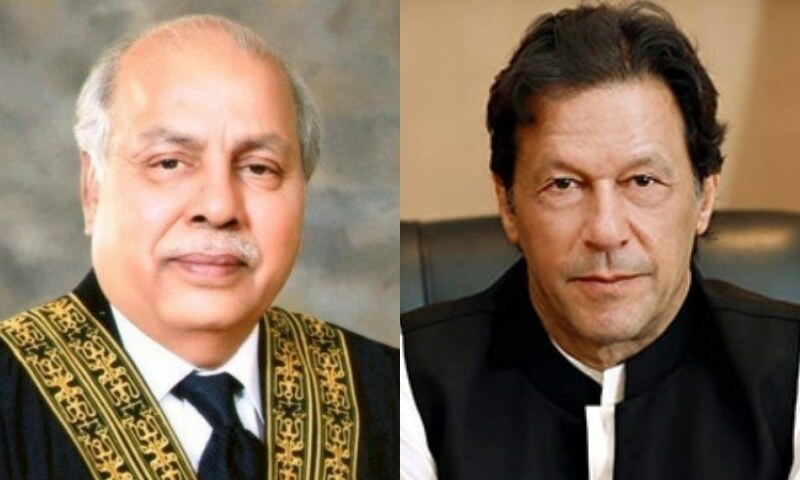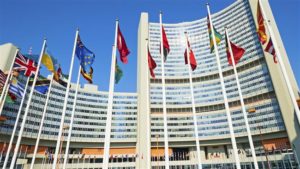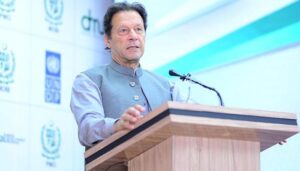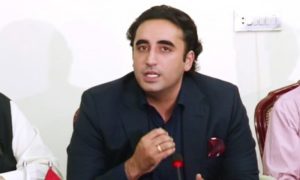Prime Minister Imran Khan has arrived at the Supreme Court after being summoned by Chief Justice of Pakistan (CJP) Gulzar Ahmed in the Peshawar Army Public School suo motu case.
During Wednesday’s hearing, apex bench member Justice Qazi Amin remarked that there were reports of the state negotiating with a group.
“Is it not the job of the state to find and catch the real culprits?” the justice asked.
The CJP also questioned the working of the country’s intelligence apparatus and wondered why the people are not protected. He further said that children can not be left dying in schools.
“Action was taken against the watchmen and soldiers. Action should have been taken from the top against those who left taking salaries and privileges,” the CJP observed. Justice Ijazul Ahsan further remarked that it was not possible that the terrorists were not aided from within.
During the hearing, Justice Gulzar inquired from the attorney general whether a case had been registed against the then army chief and other officials.
“There is no finding in the inquiry report against the former army chief and DG ISI,” the attorney general replied.
The country has a large intelligence apparatus and billions are spent on the agency which is claimed to be the best in the world, said the CJP.
Counsel of the martyred children’s parents, Amanullah Kanrani, said the “right of Qisas belongs to parents and not the state” and further pleaded that the state cannot compromise in the current scenario.
The CJP then observed that the court had given a clear order in the case and asked the attorney general to “listen to his conscience”.
The attorney general replied that the orders of the court are “acceptable” and added that he will “not defend anyone”.
Earlier, Information Minister Fawad Chaudhary announced that the interim Afghan government-backed talks between the ruling Pakistan Tehreek-e-Insaf (PTI) and the banned Tehreek-e-Taliban Pakistan (TTP) with both sides agreeing to a complete ceasefire.
The ceasefire began on November 9 and will run until December 9, unless both sides agreed to an extension.
The attack on the Army Public School in 2014 shook the nation to its core. The militant assault December 16, 2014, martyred more than 145, most of them school students.
The methodical slaughter that unfolded not only paralysed Khyber-Pakhtunkhwa (K-P) but all of Pakistan. Across Peshawar, mosques filled with mourners carrying small coffins and wailing family members became a common sight. The city was living its worst nightmare, its worst tragedy. While the city and the country won its battle against terrorism shortly after the APS attack, many are still reeling – mostly emotionally.
Soon after the attack, national consensus was achieved and the National Action Plan (NAP) was drafted to curb the rampant spread of terrorism in the country. The military, in successive campaigns, wrestled back control of areas in erstwhile Fata which had become a hotbed of militant activity.





